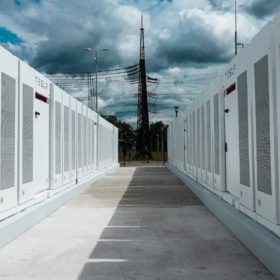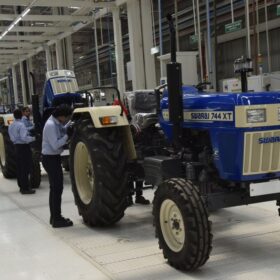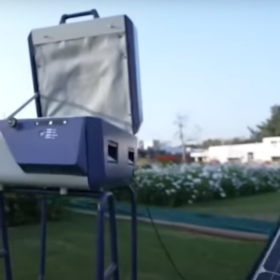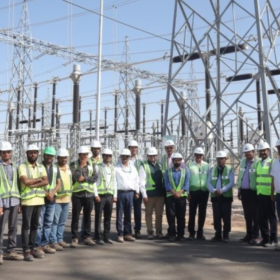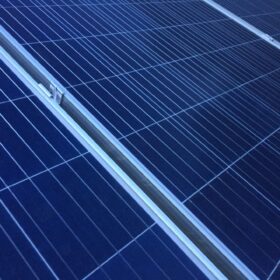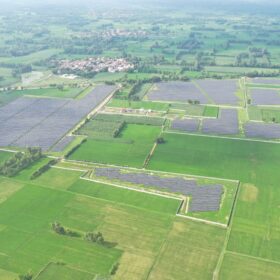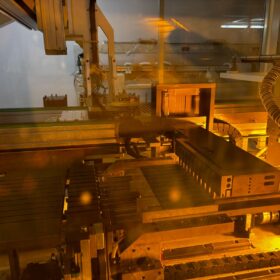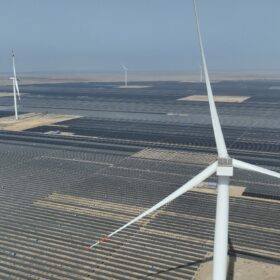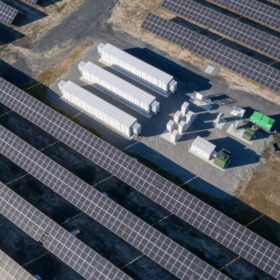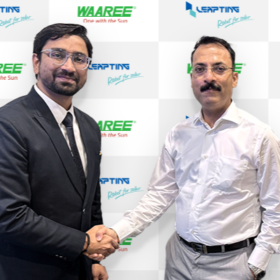Karnataka awards 700 MWh in 1 GWh battery storage tender
The Karnataka Power Transmission Corp. Ltd has awarded 350 MW/700 MWh in its tender for 500 MW/1 GWh of battery energy storage systems.
Swaraj Tractors partners Mahindra Susten to develop 26 MW solar plant for self-consumption
Mahindra Susten will develop a 26 MW solar power plant to supply clean energy to four Swaraj Tractors manufacturing facilities located in Mohali and Dera Bassi, Punjab.
Empowering rural communities: The impact of solar cooking solutions
Solar cooking solutions are not just technological advancements but transformative tools for sustainability, health, and economic empowerment
Indian heavy industries present 20 GW open access solar opportunity
A new report by Ember finds that steel, cement, and aluminium industries can profitably integrate 20 GW of solar power to run their operations.
SJVN switches on 241.77 MW solar in Rajasthan
SJVN Green Energy Ltd (SGEL) has operationalized 241.77 MW of 1 GW solar power project in the Bikaner district.
ITI Ltd to set up 500 MW solar module manufacturing line at Naini facility
ITI Ltd, a state-owned telecom manufacturing company, has launched a tender for setting up a 500 MW automatic solar PV module manufacturing line on a turnkey basis at its Naini facility in Prayagraj, Uttar Pradesh.
India reaches 74 GW of solar module capacity
India’s solar module manufacturing capacity nearly doubled from 38 GW in March 2024 to 74 GW in March 2025. PV cell manufacturing capacity tripled from 9 GW to 25 GW.
AMPIN Energy Transition secures 10 MW solar PPA with Poly Medicure
AMPIN Energy Transition will supply solar power to medical device manufacturer Poly Medicure’s five plants in Faridabad from its 75 MWp solar park in Kurungawali Sirsa, Haryana.
AXITEC Energy India secures ALMM approval for 18 MW/year of solar module capacity
AXITEC Energy India stated five models of its mono c-Si PERC solar modules are now included in the Approved List of Models and Manufacturers (ALMM) by the Ministry of New and Renewable Energy (MNRE).
Sterling and Wilson Renewable Energy wins solar, hybrid projects worth INR 1,470 crore
Sterling and Wilson Renewable Energy has secured a 127 MW AC hybrid wind-solar project and a solar project in Rajasthan. It has also emerged lowest bidder for a 200 MW AC (260 MWp DC) solar project in Gujarat.
